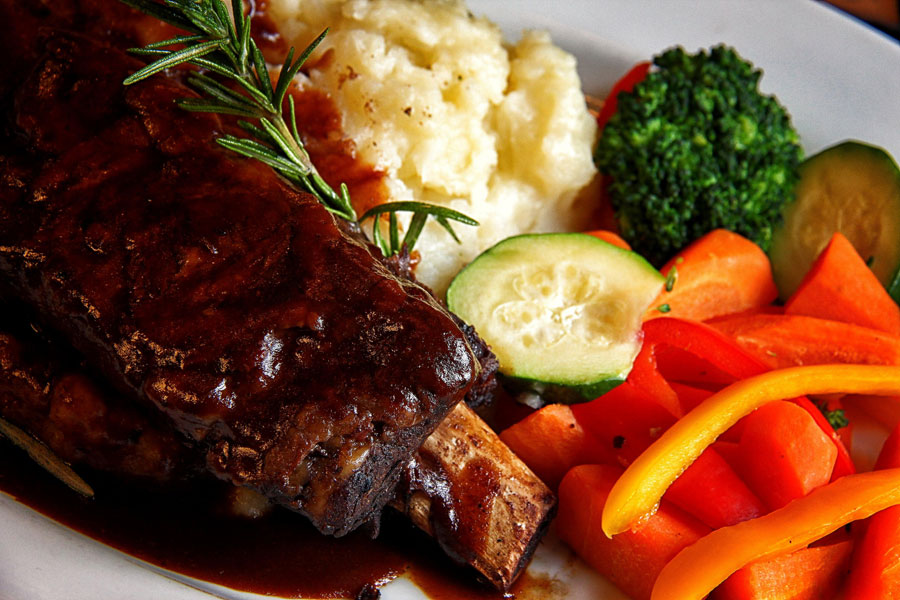
Cheap Versus Better

Price vs. Quality, a business decision that every company has to make. Do you go with Price and follow the paths of giants like McDonalds and Walmart or do you enjoy some high quality cuisine at a local restaurant and shop for your home necessities and specialized shops? Like Seth Godin mentions, there is market for cheaper and good enough alternatives, which I translate into a factor that paved the path for fast food giants like McDonalds (Godin, 2014). The number of customers for McDonalds in one store in one day would most likely be more than most higher quality restaurants in one week; maybe more than in one month. This “go cheaper” strategy worked very well for Walmart as they ran competitors down with their low low prices. Walmart is known for being cheaper than other retail stores and people go to Walmarts’ looking for a cheap deal. “Go cheaper” works for some, but not all the time. For example, would when you purchase a cheaper computer mouse and it stops working after a year, when a quality mouse that may cost twice the price but lasts twice as long and performs better (YNAB forum, 2012). In the long term, buying quality over inexpensive could save more money. Better quality products builds loyalty and grows the company. Customers that are happy with the product will mention this fact to people they know and your product just received free marketing by word of mouth. The Consistency Principle, created by Robert Cialdini, indicates that when a customer buys the product and enjoy it then those around them are more likely to purchase the product. If a company can develop a product to be of high enough quality that people will miss it if it’s gone, then the company has been successful by going better.
http://sethgodin.typepad.com/
http://forum.youneedabudget.com/discussion/15084/buying-cheap-vs-buying-quality
